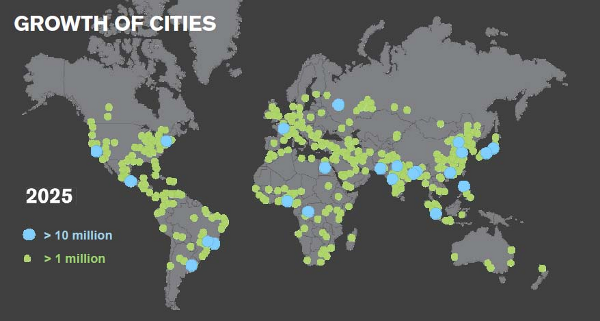
The Old Ways, or: how to make a book last longer
There are books that I don't want to end. So I read them slowly, just some pages each day. And add pauses between chapters. "The Old Ways" is such a book. I started it in January, and arrived at the end last week, still too early - I thought it would go on for more pages, but it has a large part of footnotes and references in the back.
And so it ended, like a journey cut short - this wonderful, reflective book about walking, about the way mankind always walked and created pathes, and how following those pathes is leading you to new places, both geographically, but also in the mind. If you are interested in walks and places, I definitely would recommend it. There's a longer blog post from January, here: Reading notes: The Old Ways
From "The Old Ways" to "Out of Eden"
But like all good journeys, this one went on, too: I had told some friends about "The Old Ways", and just as I was reading through the last chapter, one of them told me about a story she read in the "Zeit": Paul Salopek, a journalist who won the Pulitzer, is walking the world, following the trail of humans from the origins in Africa along the directions they walked to migrate and spread. The name of his project is “Out of Eden Walk”, it’s supported by National Geographic.
The walk will be 7 years long, leading through 4 continents. Salopek started walking a year ago, in Ethopia. From there, his journey took him to Djibuti, and to Saudi Arabei. His journey notes are collected in an online archive: Out of Eden Walk - Notes, the page also includes a map room.
Visiting those first pages and notes felt like an unexpected continuation of The Old Ways, which ends with a walk along neolithic footprints in the North of England: "So now I know what I read when I finish The Old Ways… onwards to even older ways.." I wrote to a friend.
*
Global Reading: Venezuela
Another rather global reading link brought me to South America this month: the March issue of "Words without Borders" is dedicated to writing from Venezuela. I think I never read stories or poetry from this country before.
It's difficult to imagine how it feels to live in a situation like this. I think it's great that the editors of Words without Borders feature places like this. In January, they dedicated an issue to "Kurdish Literature", and in July 2013, to Iran's Postrevolution Generation.
*
Currently Reading + More Reads:
For more reading notes in this blog, click here: life as a journey with books- and a reading list by regions is online at: World Reads by country
Other book blog and their current reads: It's Monday! What are you reading? (join by blogging and adding your link)






